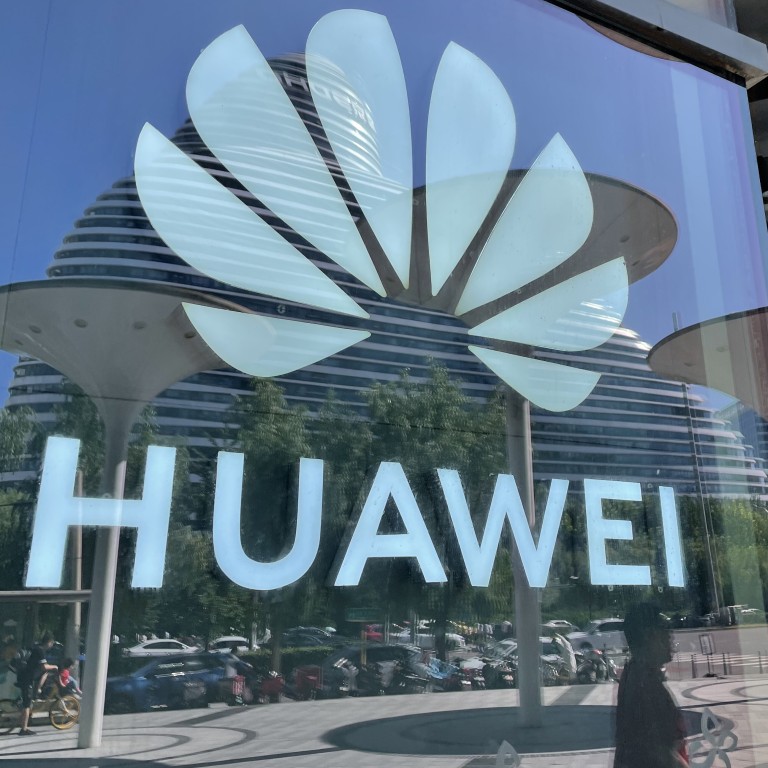
Huawei says US sanctions cause US$30 billion annual loss in its smartphone business
- Rotating chairman Eric Xu Zhijun said Huawei has learnt to live with US restrictions after Washington threatened additional sanctions on the Chinese telecoms firm
- Huawei has ventured into new industries after its smartphone business was crippled by a US chip ban
Huawei Technologies Co’s rotating chairman put on a brave face amid threats of fresh US sanctions, saying that the existing trade ban is causing at least US$30 billion in annual losses to its smartphone business, but the company has learnt to live with it.
“We’ve been trying to get used to the US sanctions since May 2019,” Eric Xu Zhijun said in a press briefing on Friday in Beijing. “Whether the sanctions are going to escalate or not, we are accustomed to working and living with the [US] Entity List.”
‘The proof’s in the pudding’: US may take further action against Huawei
Huawei’s revenue in the first half of this year fell 29.4 per cent from a year ago to 320 billion yuan (US$49.5 billion). Sales from its consumer business, consisting mostly of smartphone sales, nearly halved to 135.7 billion yuan from 255.8 billion yuan in the same period last year.
Huawei has ventured into new areas in the recent year, such as smart car components, which are less dependent on advanced chips. Xu said the company had conducted proper assessment of supply issues before it got into the business.
“We decided to enter the [auto] business after a thorough appraisal on whether we can ensure steady supply,” Xu said. “If the answer was no, we wouldn’t have started.”
“There is an old Chinese saying: ‘there will always be a way forward’,” he added.
Huawei to recruit more global talent, founder Ren Zhengfei says
In an apparent bid to strengthen its business resilience, Huawei has also been investing in domestic firms specialising in chip-making tools and materials over the past two years. Still, Xu said it would take a while for China to become totally self-sufficient in the semiconductor industry despite progresses made over the past few years.
“If Huawei can solve all of its supply issues, semiconductor [self-sufficiency] can be achieved, [but] I think there is still a long way to go,” Xu said.
Xu had said earlier that Huawei’s target for 2021 was “to survive”.

